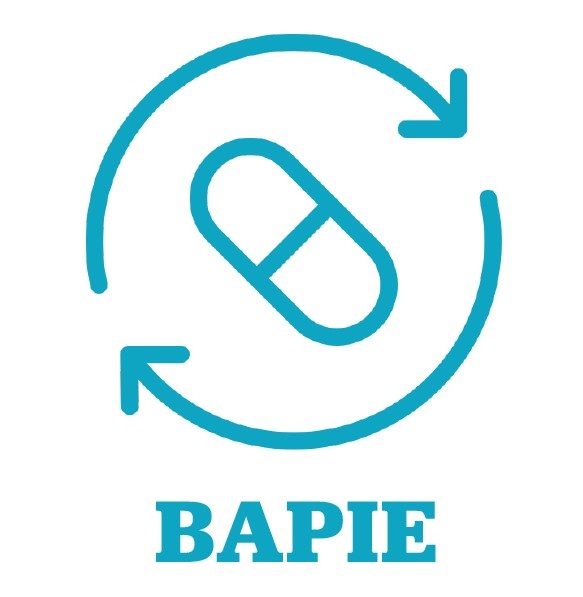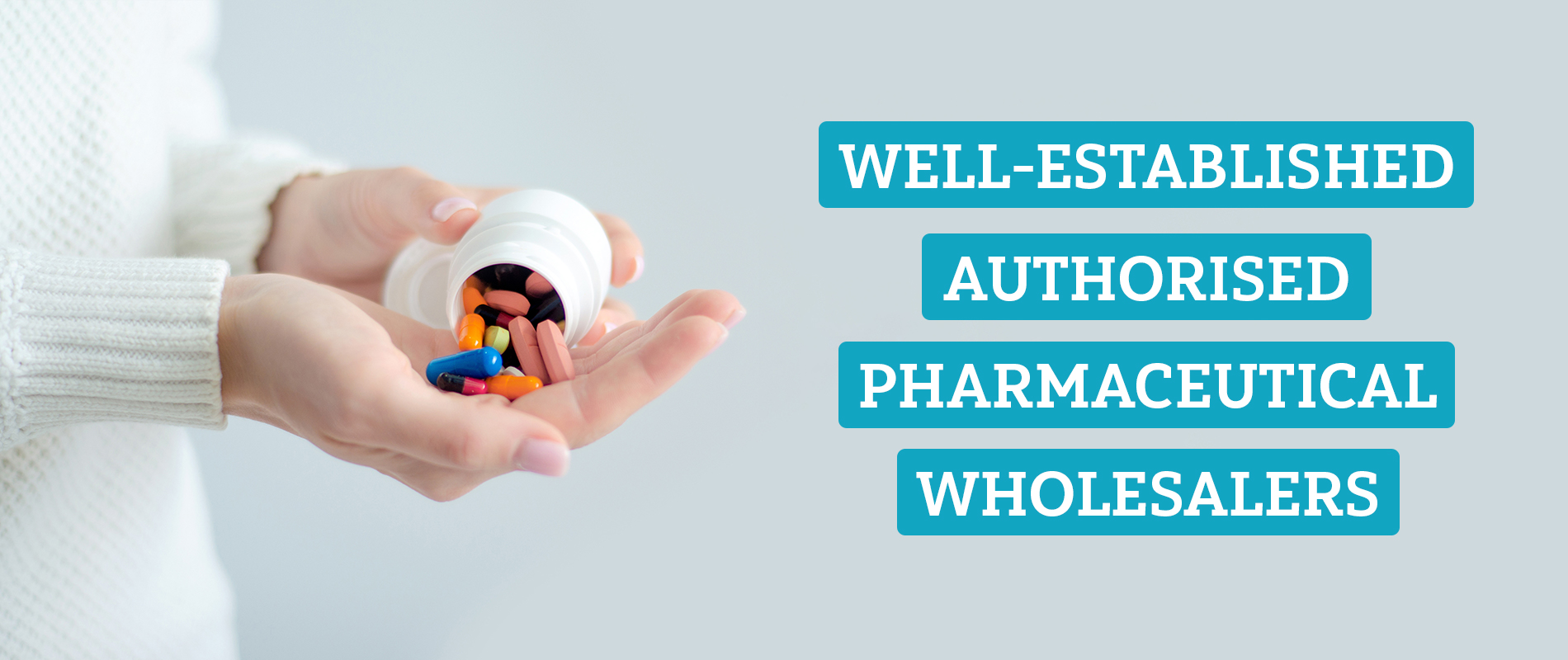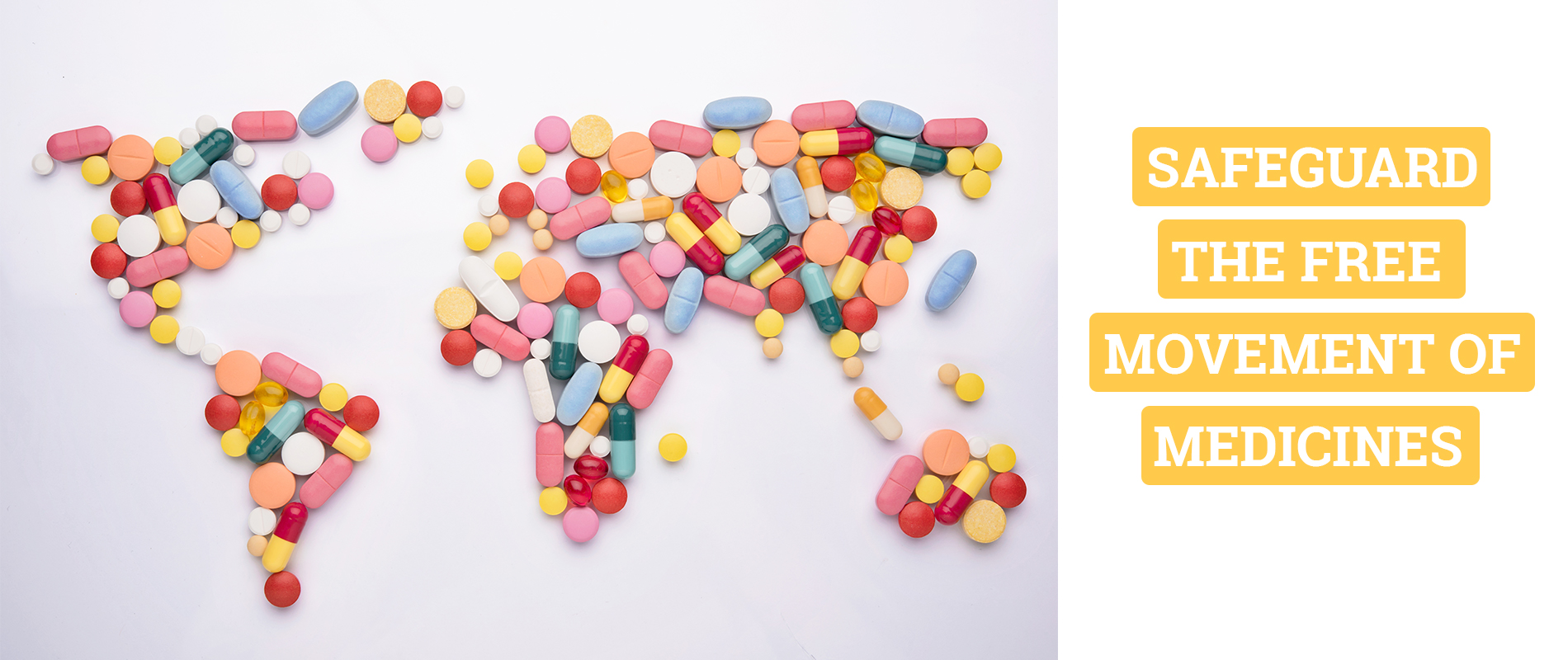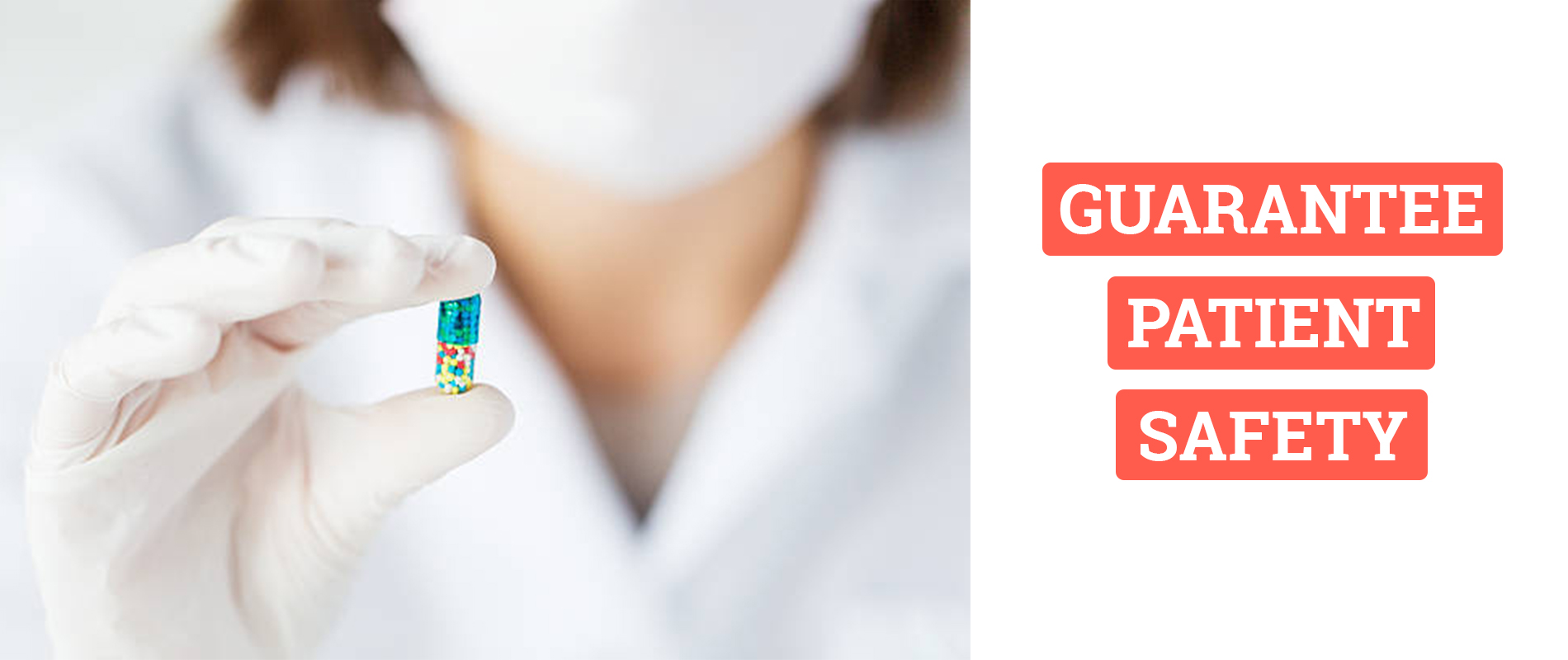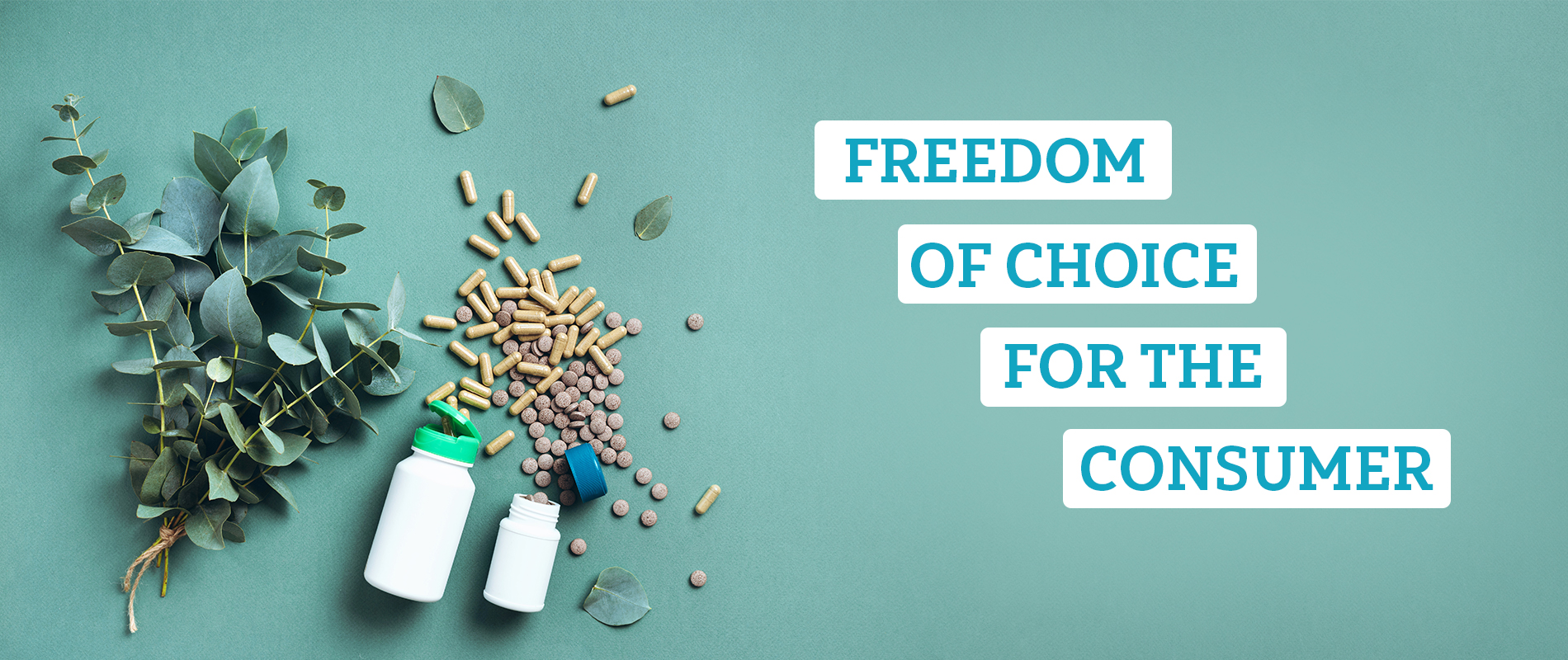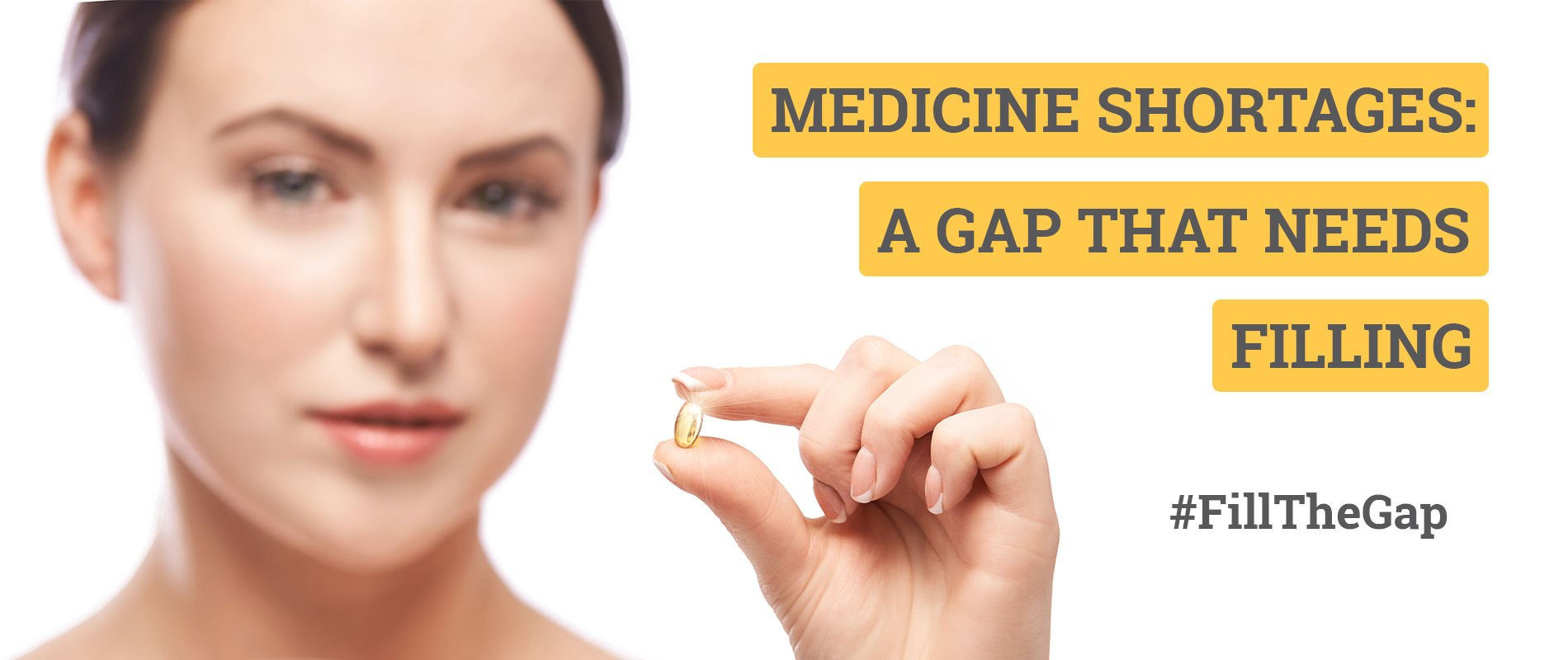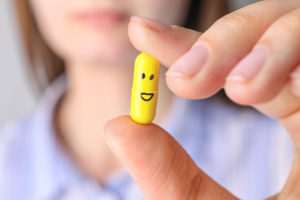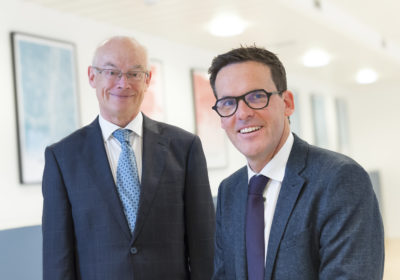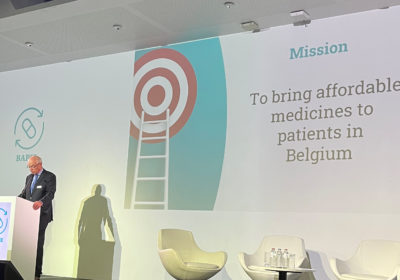BAPIE Tweekerkenstraat / Rue des Deux Eglises, 26 | 1000 Brussels | Tel: +32 (0)477 83 69 07
Welcome
“Parallel trade” of products means that such trade takes place outside and – in most cases- in parallel with the distribution network that the manufacturers or original suppliers have established for their products at a Member State, while it concerns products which are in every respect similar to the ones marketed by the distribution networks.
Parallel trade benefits from price differences in different EEA countries for identical products. Therefore, parallel traders buy products at a lower price in one EEA country and then transport, repackage and resell them in markets with higher prices. Because of the different languages (leaflets, product information on the boxes, …), a parallel trader indeed needs to repack the product by relabelling blisters, inserting new leaflets and putting the products in a new box or over-label the original box.
Parallel trade is a lawful form of trade, based on the EU Free Movement of Goods Principle as repeatedly confirmed by the Court of Justice of the EU and is encouraged by the European Commission so to move towards a single internal market.
Parallel trade in medicines is good for the European economy since it provides for intra-brand competition with pharma companies; it is good for the health care systems and patients since it helps solving shortages on the market and puts pressure on the prices. Parallel exporters are registered as pharmaceutical wholesalers who supply the intra-European market. Parallel importers place medicines from another country market in their market of destination, who must in addition hold a manufacturing authorisation and comply with the relevant GDP (Good Distribution Practices) for the necessary repackaging. Parallel trade is also supervised by the European and Belgian health authorities.
Please click this link for more information in respect of parallel trade.
Through BAPIE, Belgian parallel importers and exporters unite with a view to protect and facilitate the free movement of medicines in the European Economical Area (EEA).
BAPIE is a member of “Affordable Medicines Europe“, which is the only Brussels-based non-profit organisation which brings together the licensed European pharmaceutical parallel distribution industry, championing the industry’s achievements and the benefits of its products.
BAPIE is the founding member and represented in the Board of both the Belgian Medicines Verification Organization (“BeMVO”) and the Luxembourg Medicines Verification Organization (“LMVO”).
Latest News
About BAPIE and parallel import and export
